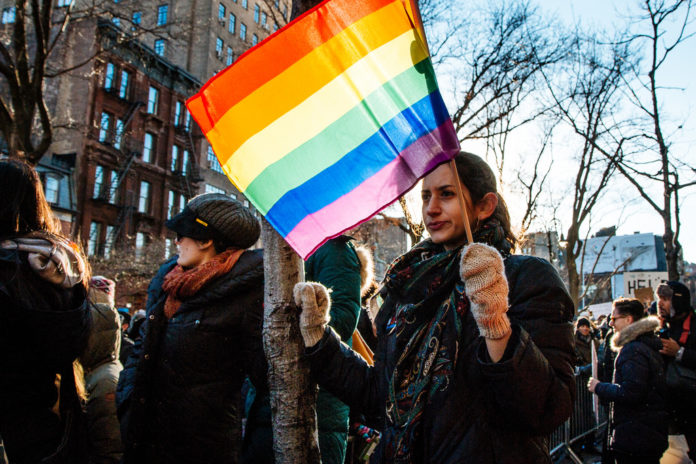
The colonial era Section 377 that makes homosexuality a crime, makes such data hard to come by in India
The first dementia prevalence data from a large population of lesbian, gay and bisexual older adults was reported today at the 2018 Alzheimer’s Association International Conference in Chicago.
Researchers from University of California, San Francisco and Kaiser Permanente Division of Research, Oakland, CA, examined the prevalence of dementia among 3,718 sexual minority adults age 60+.
Dementia diagnoses were collected from medical records.
Over 9 years of follow-up, the overall crude prevalence of dementia was 7.4 percent for sexual minority older adults in this study population.
According to the researchers, significant rates of depression, hypertension, stroke and cardiovascular disease in the study population may be contributing factors to the level of dementia. India which has a law dating back to the colonial era that makes homosexual relationships illegal, has no data on incidence of these problems on sexual minorities.
“Current estimates suggest that more than 200,000 sexual minorities in the U.S. are living with dementia, but — before our study — almost nothing was known about the prevalence of dementia among people in this group who do not have HIV/AIDS-related dementia,” said Jason Flatt, PhD, MPH, Assistant Professor at the Institute for Health & Aging, School of Nursing, University of California, San Francisco. “Though our new findings provide important initial insights, future studies aimed at better understanding risk and risk factors for Alzheimer’s and other dementias in older sexual minorities are greatly needed.”
The LGBT community faces similar health concerns as the general public, the LGBT population who receive a dementia diagnosis face uniquely challenging circumstances
“With the growing prevalence of Alzheimer’s disease dementia and the swelling population of LGBT older adults, we place a high priority on examining the intersections of Alzheimer’s disease, sexual orientation, and gender identity and expression,” said Sam Fazio, PhD, Alzheimer’s Association Director of Quality Care and Psychosocial Research. “A more thorough and thoughtful understanding of this intersection will enable us to better meet the needs of LGBT elders living with dementia and their caregivers.”
According to “Issue Brief: LGBT and Dementia,” a co-publication of the Alzheimer’s Association and SAGE (Services and Advocacy for GLBT Elders), there are 2.7 million LGBT people over age 50, and that number will likely double over the next 15 years. While the LGBT community faces similar health concerns as the general public, the LGBT population who receive a dementia diagnosis face uniquely challenging circumstances.












